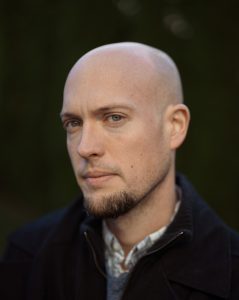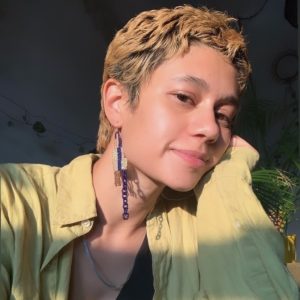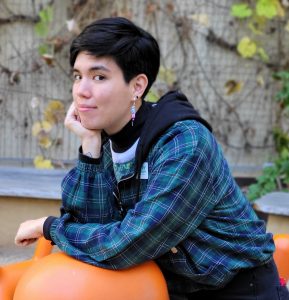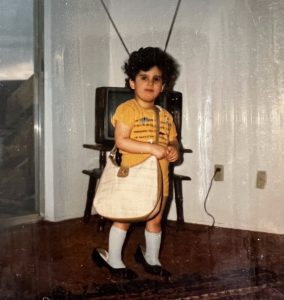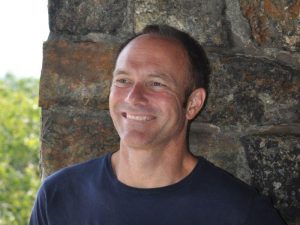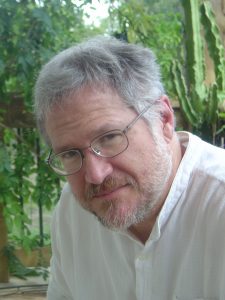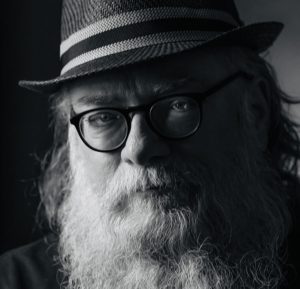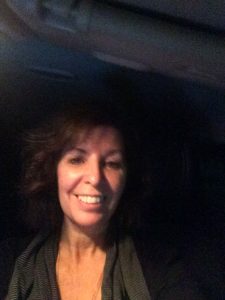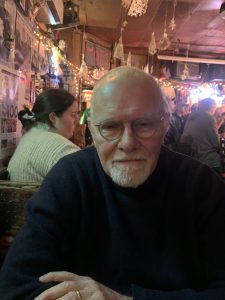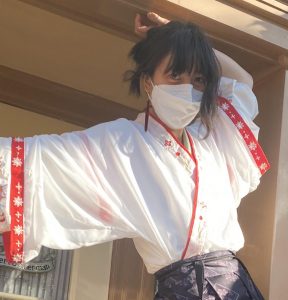
Honorable Mention: 2023 Sandy Crimmins Poetry Contest
- you wish you had a body
like most birds: strong, supple, sharp.
But you left your claws behind
when you crawled out of the forest
- so they thought you wanted to be soft,
which isn’t wrong, but—
- In primary three science you learned
that all living things need air, food, and water.
You need a fourth: a sheet of skin that doesn’t burn
when you touch it. You need something a fruit knife
couldn’t cut through.
- Christ, if you could fly
- in this economy. You’d dart right out of this city
like a bullet. Rip all the fat and muscle
from your bones. Go back
to the beginning and drag the right body
out of the forest—
- not red or yellow or even the purple
of grapes, of skin bruising under sunlight
but a fourth color. The color
of trees singing.
Liya Chang was born in Texas, grew up in Singapore, and returned to the United States for college. They study English, Dance, and Asian Studies at Swarthmore College. Poetry is one of their greatest joys and vices, through which they explore the wonders of being the third in everything: third culture kid, third gender, and third bird on the wire.
